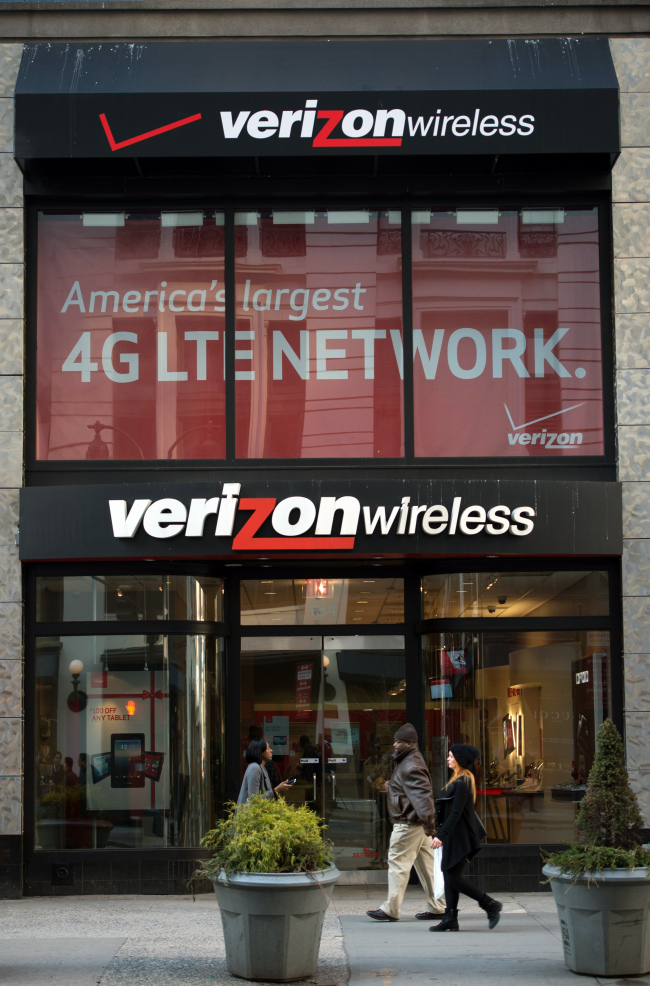The Internet, one of the world’s greatest inventions of the 20th century, faces a possible makeover as it is being threatened by a new U.S. rule that can overthrow its openness and indiscriminate accessibility.
Concerns over the possible breakdown in net neutrality, in which all Internet data should be treated equally, have been rising especially since the U.S. Federal Communications Commission lost a court battle against Verizon early this year.
The two sides have been duking it out over net neutrality for years with the court of appeals ordering that the media regulator cannot enforce such an open net rule against the Internet service provider as it is not classified as a common carrier or a public utility.
 |
Pedestrians walk past a Verizon Wireless store in New York. (Bloomberg) |
The issue, which led the FCC to propose a new rule that can redefine net neutrality, has increasingly attracted the world’s attention from businesses and governments. Any legal changes could redraw the Internet landscape for better or worse, depending on which side they stand.
If the principle of net neutrality changes to allow ISPs to charge content providers or platforms for faster and higher-quality traffic services, it would have a devastating impact on start-ups and consumers.
This is because start-ups simply do not have the capital to pay for such Web services like big players such as Google or Netflix, which can have their media services prioritized over others under the new law.
Proponents of equal treatment to all Web traffic said the changes would hinder innovation, and that consumers would be hurt by these discriminatory services as they would eventually have to pay for faster content, while not being able to connect to other sites of their interest as their services are too slow.
To this end, a stricter rule that can uphold net neutrality has to be implemented, they argued.
Meanwhile, businesses for reduced net restrictions said that this could lead to more investment and differentiated services for consumers.
South Korea is looking at this U.S. matter closely as the country, with one of the world’s fastest broadband networks, has historically followed the policy path of the world’s largest economy.
Korea had its fair share of debates over Internet openness, especially when telecom giants SK Telecom and KT battled Kakao over its introduction of Voice Talk, a free Internet-based voice call service that runs through its messenger Kakao Talk.
“It would not particularly work well here in Korea should the country adopt rules that defy net neutrality,” said an industry source.
“Since Koreans have the tendency to rush things, they would not subscribe to Internet networks that offer slow access to certain content sites that did not pay for faster services.”
By Park Hyong-ki (
hkp@heraldcorp.com)








